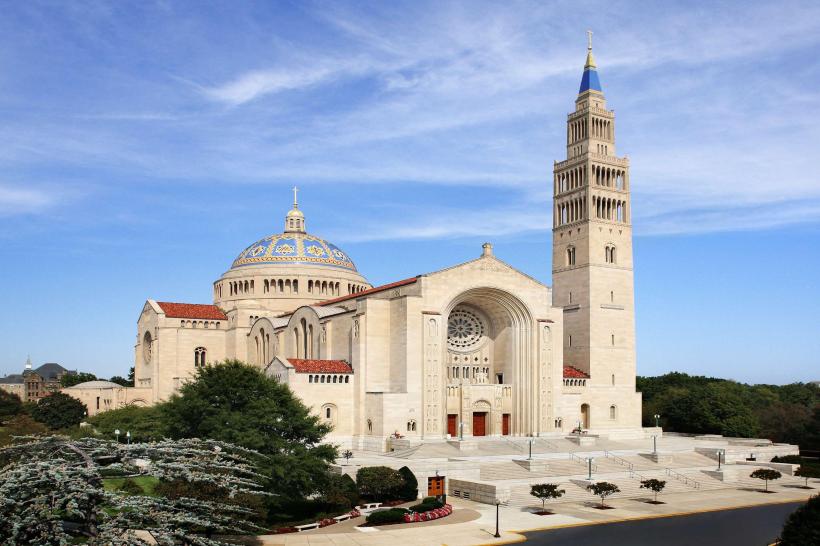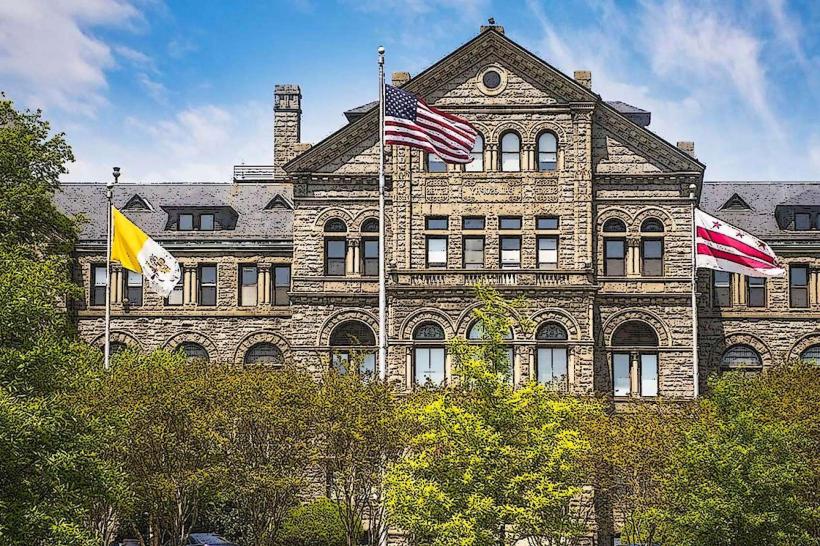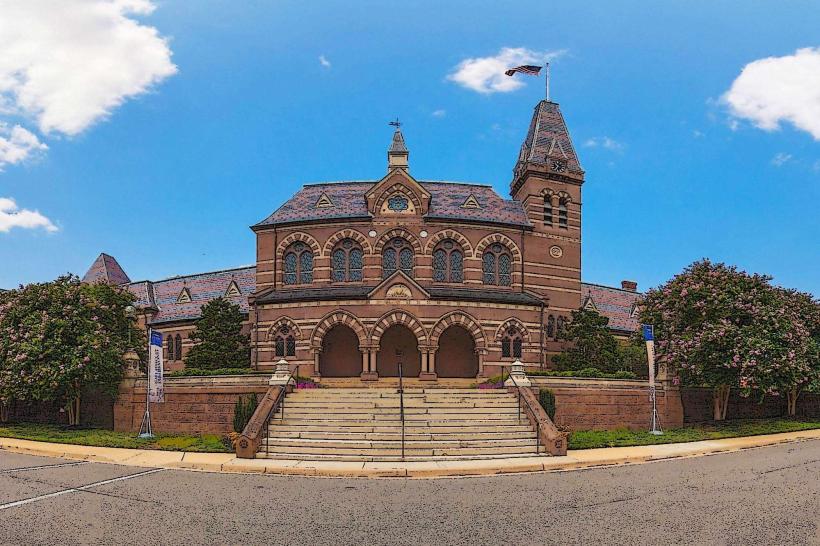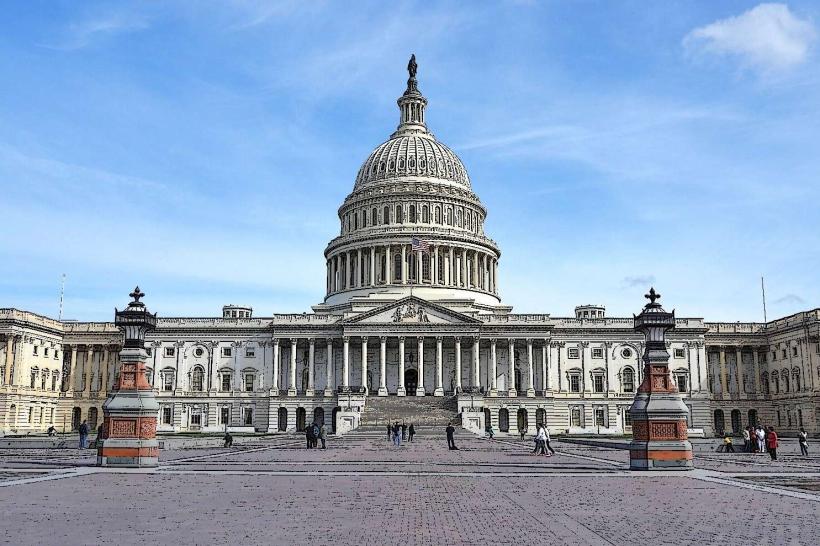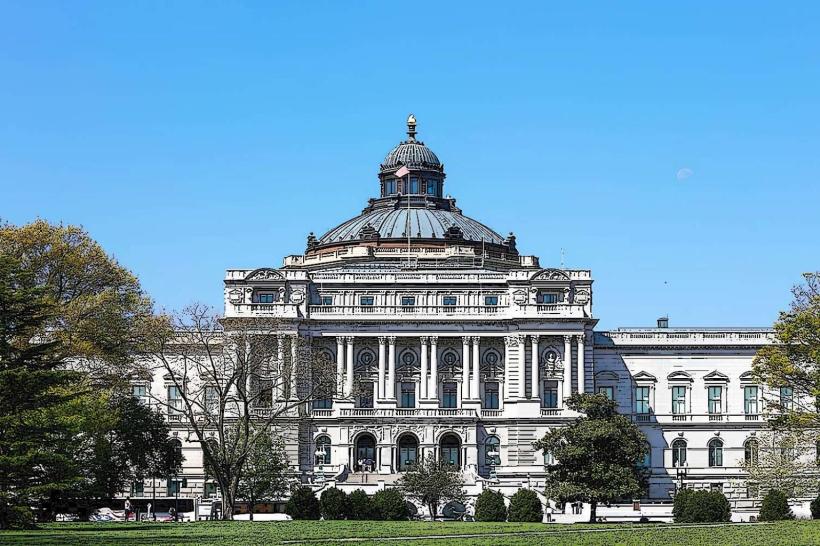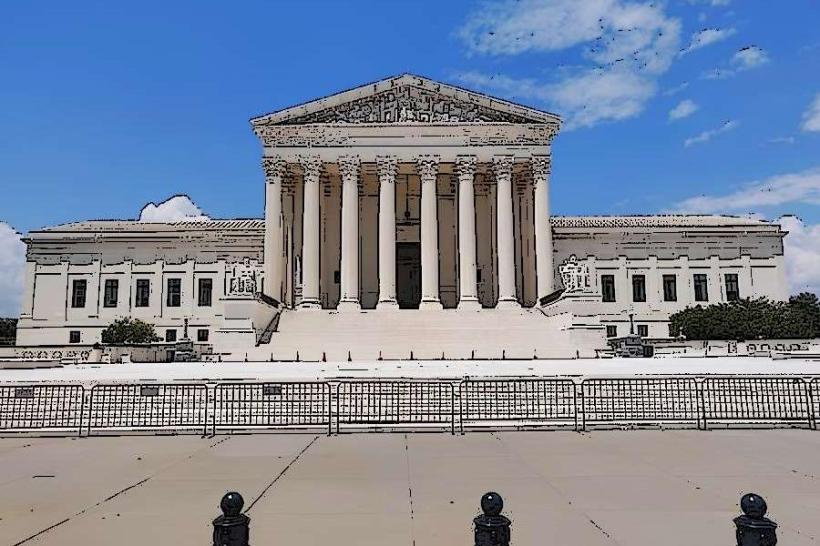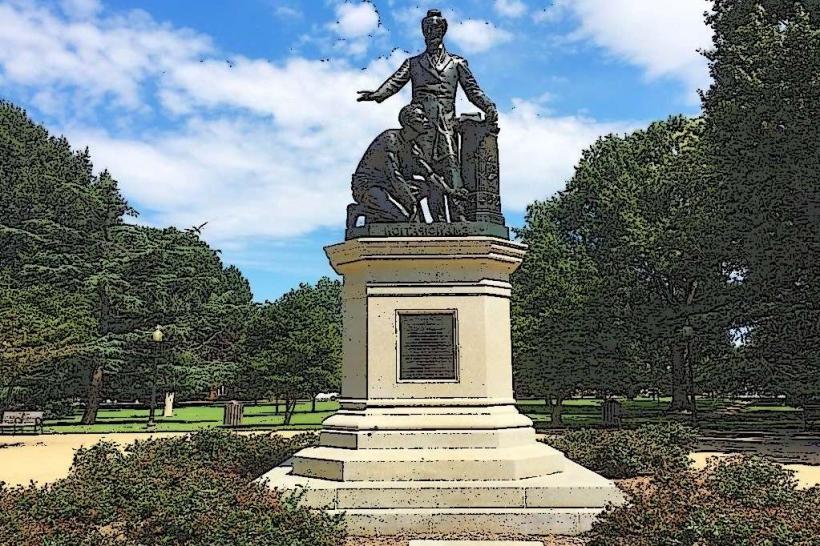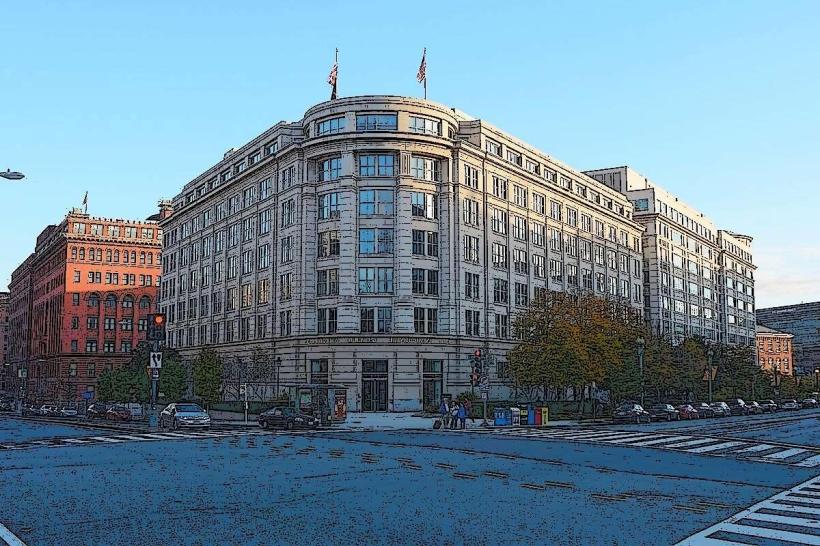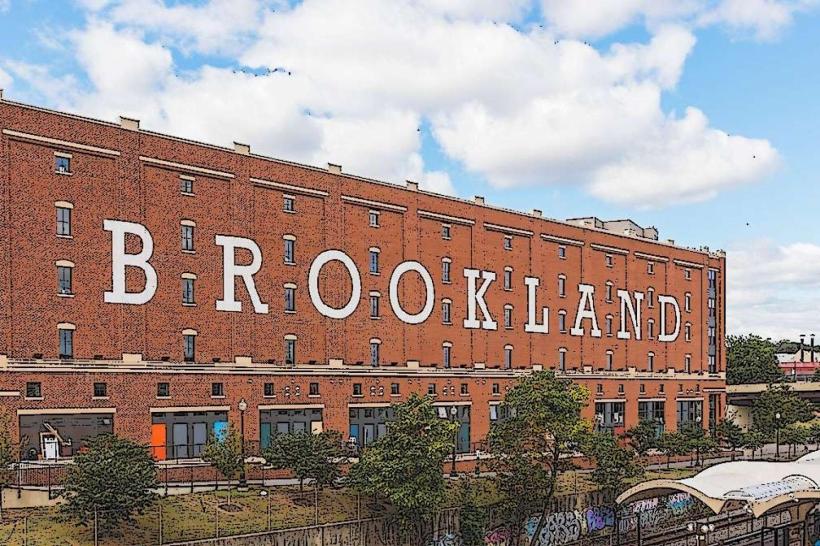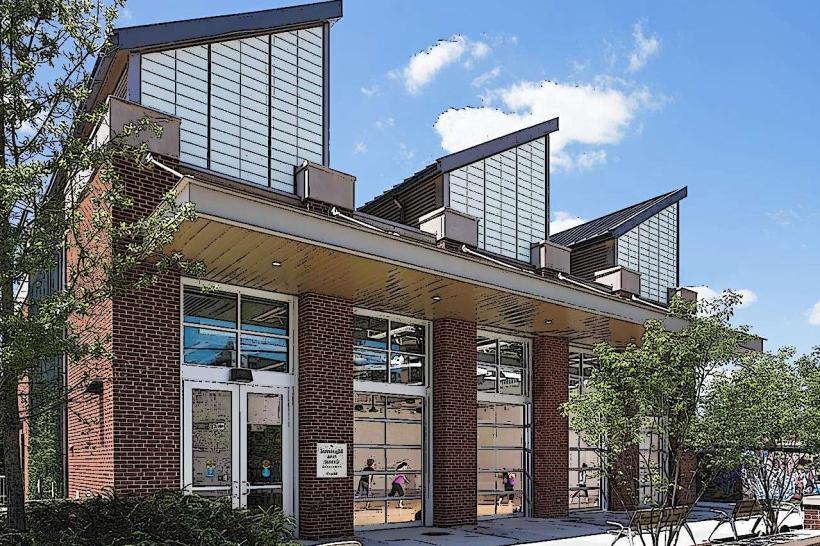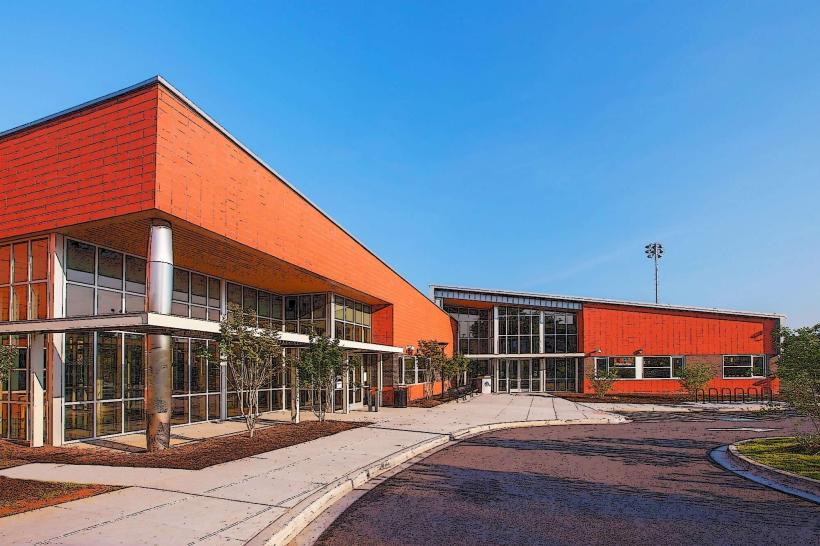Information
Landmark: National Postal MuseumCity: Northeast Washington
Country: USA Washington DC
Continent: North America
National Postal Museum, Northeast Washington, USA Washington DC, North America
The Smithsonian National Postal Museum, located at 2 Massachusetts Avenue NE in Washington, D.C., is a premier institution dedicated to preserving and showcasing the rich history and cultural impact of the United States Postal Service and the broader global mail system. Housed in the historic City Post Office building, the museum combines history, art, technology, and social heritage to tell the story of mail delivery from its earliest beginnings to the modern era.
Location and Building
The museum occupies the grand City Post Office Building, an architecturally significant structure completed in 1914, which served as Washington, D.C.’s main post office until 1986. The building itself is a beautiful example of early 20th-century federal architecture, featuring a large central atrium flooded with natural light from a skylight, marble floors, and ornate classical details that set an impressive tone for visitors.
Its prime location near Union Station, the city’s major transportation hub, makes it highly accessible by metro, bus, and car. The proximity to Union Station also provides visitors with ample amenities such as dining and parking.
Mission and Focus
The National Postal Museum is part of the Smithsonian Institution and serves to preserve the heritage of the United States Postal Service (USPS), document the development of postal systems worldwide, and explore the social, cultural, and technological aspects of communication through mail.
The museum’s mission revolves around educating the public about the significance of the postal system as a critical infrastructure that helped shape the nation’s economy, culture, and identity. It also highlights the role of postage stamps and philately (stamp collecting) as both practical tools and forms of art and historical record.
Key Exhibits and Collections
William H. Gross Stamp Gallery: This is the world’s largest stamp gallery, housing more than 20,000 stamps from around the globe. The gallery features rare and iconic stamps such as the Penny Black (the world’s first adhesive postage stamp), and interactive exhibits that allow visitors to learn about the art, history, and technology behind stamp production and design. The gallery’s curated displays trace postal history, notable historical events, and cultural themes through philately.
Historic Postal Vehicles and Aircraft: The museum showcases an impressive collection of mail transportation vehicles, which include a 1931 Ford Model A postal truck, an 1851 stagecoach used for mail routes, and three vintage airmail planes suspended in the museum’s atrium. These exhibits illustrate how postal delivery evolved with advances in transportation technology, from horse-drawn wagons to early aviation.
Interactive Experiences: The museum offers immersive experiences such as walking a colonial-era post road to understand early mail delivery challenges, visiting a recreated 1920s-style post office to experience the atmosphere of a bygone era, and engaging with exhibits about stamp design, mail processing, and the lives of postal workers.
Special Exhibitions: Rotating exhibitions focus on contemporary and historical themes related to mail and communication. For example, recent exhibits have covered the history of voting by mail, tracing its origins during the Civil War to its importance in recent elections including during the COVID-19 pandemic.
Educational Programs and Research
The National Postal Museum provides extensive educational programming designed for all ages. School groups, families, and enthusiasts can participate in workshops, lectures, and guided tours. The museum emphasizes the postal system's role in social history, including themes of communication, community building, and technological innovation.
In addition to public exhibits, the museum houses a Library and Research Center with over 40,000 volumes focused on philately and postal history. The library is open to researchers and members of the public by appointment, supporting advanced study and preservation efforts.
Visitor Amenities and Accessibility
Admission: Entry to the museum is free of charge, reflecting the Smithsonian’s commitment to public access and education.
Hours: The museum is open daily from 10:00 a.m. to 5:30 p.m., except on December 25th.
Accessibility: The museum is fully wheelchair accessible, with ramps and elevators. Entrances on First Street and North Capitol Street accommodate visitors with mobility challenges.
Museum Store: Visitors can purchase postal-themed merchandise, stamps, collectibles, books, and souvenirs, offering a unique collection for hobbyists and gift shoppers.
Cultural and Historical Importance
The National Postal Museum not only celebrates the practical function of mail delivery but also serves as a cultural institution preserving the story of communication’s role in the nation’s development. It honors the postal workers who connected communities, the artists and designers behind stamp production, and the innovations that kept the mail moving across vast distances and through changing technologies.
By presenting this multifaceted history, the museum helps visitors appreciate how mail shaped social interaction, commerce, and democracy in the United States and beyond.
Summary
The Smithsonian National Postal Museum is a rich, multifaceted institution that offers visitors an in-depth look at the evolution and cultural significance of the postal system. From rare stamps and historic vehicles to interactive exhibits and educational programs, it combines history, art, and technology in an accessible and engaging way. Its location in a historic building near Union Station makes it a convenient and worthwhile destination for tourists, philatelists, historians, and families interested in the story of communication and connectivity.


